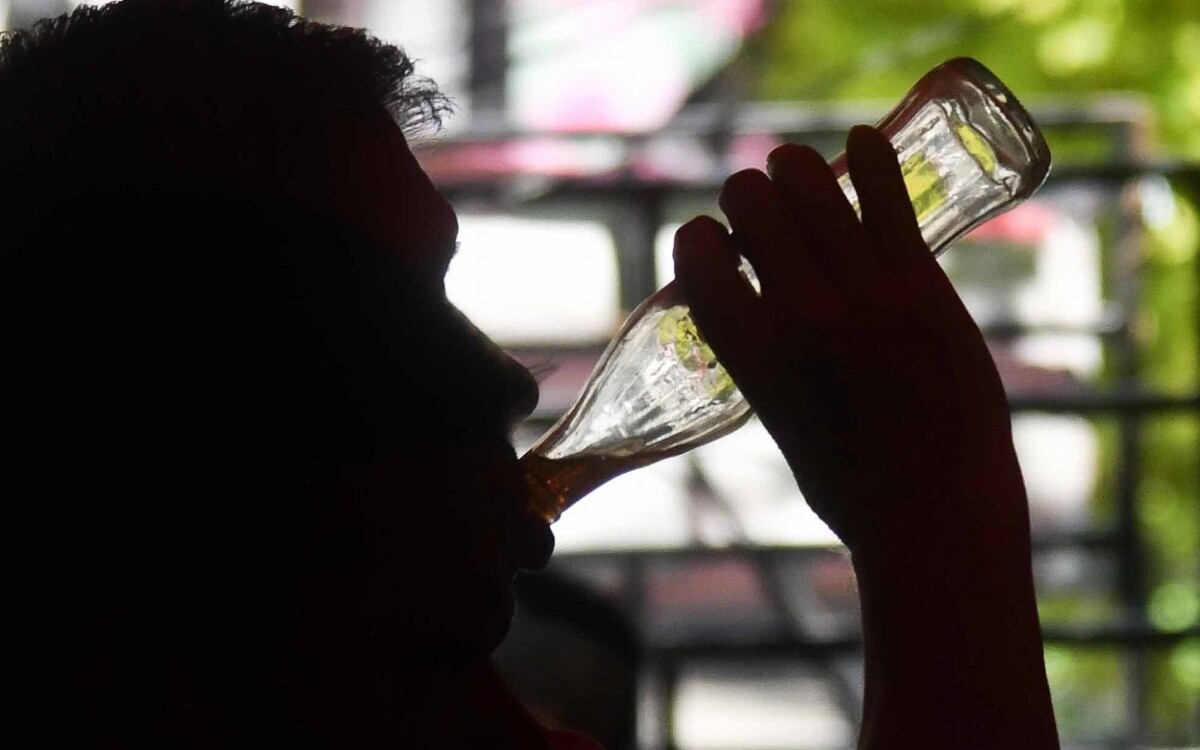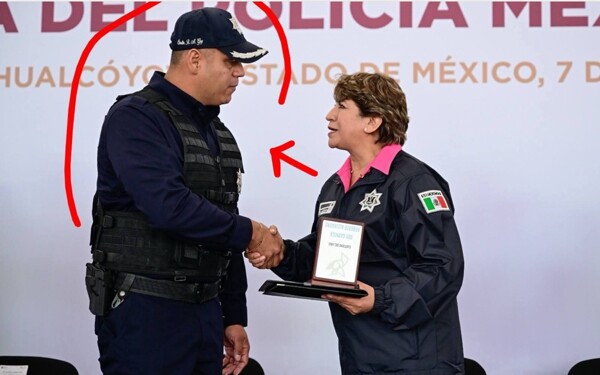
Civil society organizations celebrated on Wednesday the approval by the Senate of the Republic of the reform to the Special Tax on Production and Services (IEPS) law, which increases taxes on sugary drinks and tobacco products, although they regretted that the measure did not include a tax on alcohol.
Additionally, they expressed concern about the government's interaction with the affected industries.
Erick Antonio Ochoa, director of Salud Justa Mx, hailed the approval as "a victory for public health," but lamented the lack of political will to tax alcoholic beverages and warned about "the fiscal legalization of nicotine products without a strong regulatory framework."
Meanwhile, Alejandro Calvillo, director of El Poder del Consumidor, recognized the progress but warned that "these measures must be shielded from the co-option by the industry."
He asserted that "so-called 'sin taxes' are one of the most cost-effective policies to reduce the harm caused by flavored beverages, ultra-processed products, alcohol, and tobacco," though he called on Mexico to align with the international recommendation of a 20% special tax.
From the Alliance for Food Health, Paulina Magaña highlighted that the high consumption of sugary drinks "causes more than 230,000 new cases of diabetes and cardiovascular diseases each year and is responsible for nearly 46,000 deaths directly attributable to their consumption."
She reiterated the call to lawmakers to increase the tax "to at least the 20% recommended by international bodies."
Iván Benumea, from FUNDAR, Center for Analysis and Research, stated that "the cost of obesity and overweight alone represents losses of 600 billion pesos annually for the Mexican economy," and requested that the revenue from health taxes be earmarked for the IMSS-Bienestar system.
Meanwhile, Alonso Robledo, from the Alcohol Action Network (RASA), lamented that Mexico "missed a historic opportunity" by excluding the alcohol tax, which he said could reduce consumption by 37% and generate revenue of up to 105 billion pesos.
The organizations agreed that "health must be protected, not negotiated" and emphasized that no agreement with the industry can be above the population's right to health.
The Senate approved the IEPS modifications on Tuesday as part of the 2026 economic package, pushed by the Executive Branch, with the aim of reducing the consumption of harmful products and strengthening tax collection.
The IEPS on sugary drinks will double, increasing from 1.64 to 3.08 pesos per liter, and 'light' or artificially sweetened sodas will have a quota of 1.5 pesos per liter for the first time.














